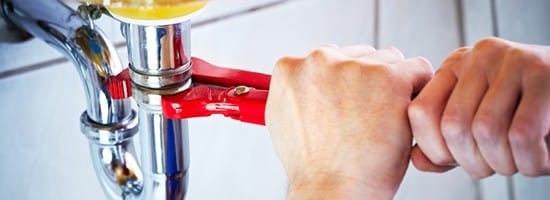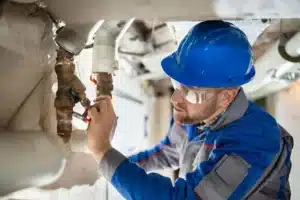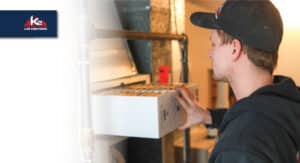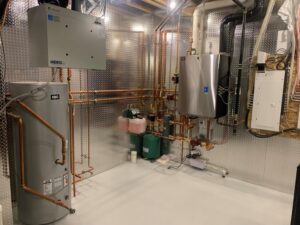At first, a DIY project may seem to be a good idea when it comes to getting something around your home updated or fixed, without spending much. When you are considering making a plumbing installation or repair, remember, there are several things that can go wrong without the right experience and tools. Most professional plumbers have stories of rectifying DIY plumbing mistakes. At that point, it usually ends up costing more than intended to fix what was meant to be repaired in the first place.
Table of Contents
ToggleImperfect installations
Installing a new toilet or faucet by yourself may not give the best results, especially without the right gears. You could end up with out-of-place water or a leak and expensive repairs to fix an issue caused due to poor installation. When in doubt, call a plumbing service for help.
Leaving water on
While it looks very obvious that you should turn off the water supply before starting a plumbing project, but a number of DIYers forget this. This mistake can be the reason for flooding in your house and expensive water damage, or at least damaged pipes and mess.
Wrong trap
It is a very common DIY plumbing mistake. During a renovation project, several homeowners choose an S-trap for their sink drain, which is not vented correctly and can allow harmful sewer gases to get inside your house. An experienced plumber will install a properly vented P-trap in your sink drain line with the help of right tools and their experience.
Unclogging a drain
A clogged drain is one of the most popular household plumbing issues that people also try to repair without taking any expert help. Depending on which drain is blocked, different tools will work for different blockages and drains. For example, if you use a drain snake in the toilet, then you can end up damaging the bowl. Using a chemical drain cleaner can also be harmful, as it can damage the pipes.
Improper connections
Experienced plumbers frequently see plumbing with poor connections. Connecting two different types of pipes, like copper and galvanized steel, this requires proper fixing between the two in order to prevent rust. Dielectric unions are used to keep the two different metals separate and prevent their contact.
Before starting a DIY project of plumbing, consider allowing experts tackle the whole situation. You might get into a serious problem that you are not expecting at first place or find yourself without the tools required to do the correct job.
Experienced plumbers ensure that your installation, repair and upgrade will be completed in a right way without room for expensive mistakes.










